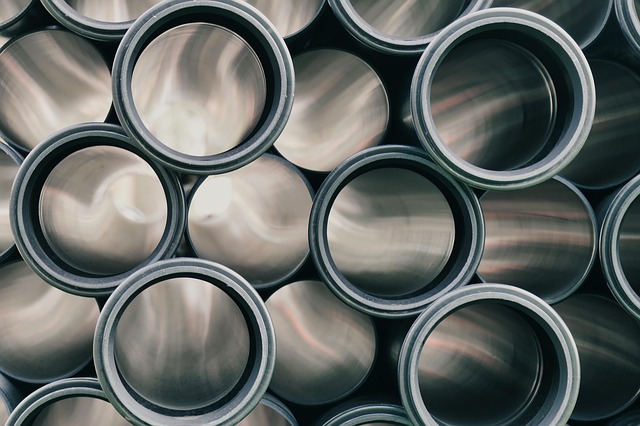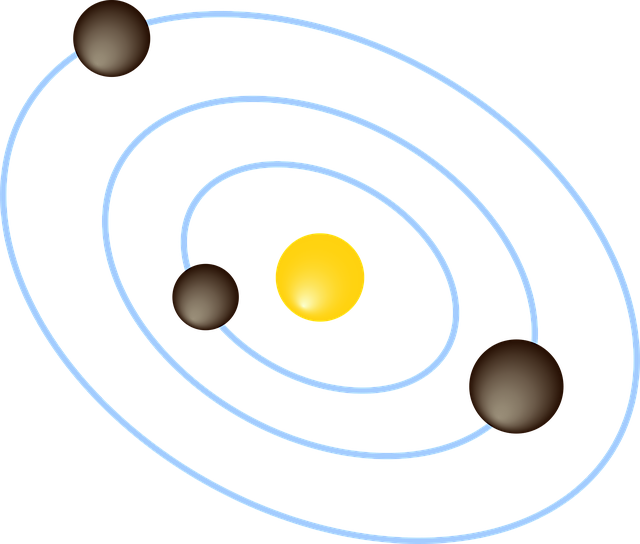A well-maintained septic system is essential for off-grid households and rural areas, comprising interconnected parts working together for wastewater treatment. Key maintenance practices include understanding tank, pipes, drain fields, and pumps components, regular pumping to prevent solid buildup, using eco-friendly cleaning products, and avoiding non-biodegradable materials. Bio-friendly enzymes and septic system additives are effective solutions for breaking down organic matter, maintaining pH levels, and reducing odors, while choosing products specifically formulated for septic systems is crucial to avoid harmful chemicals. Avoiding myths, understanding natural processes, and taking a balanced approach tailored to support these processes ensures optimal septic system health and longevity.
Maintaining a healthy septic system is essential for any property owner. This guide provides an in-depth look at effective septic system maintenance practices, highlighting key components and functions to ensure optimal performance. We explore top products proven to support your septic system, while also debunking common misconceptions about what doesn’t work. By the end, you’ll be equipped with the knowledge to keep your septic system running smoothly and efficiently.
- Understanding Your Septic System: Key Components & Functions
- Top Products for Effective Septic System Maintenance
- Common Misconceptions About Septic System Care: What Doesn't Work?
Understanding Your Septic System: Key Components & Functions

A septic system is a crucial component of many households, particularly those in rural areas or regions with limited access to municipal sewage systems. Comprising several key components working in harmony, it facilitates the treatment and disposal of wastewater from homes and buildings. At the heart of this intricate system lies a septic tank, where organic matter decays naturally, separated from the clear effluent that flows onward for dispersal into the environment.
Effective septic system maintenance hinges on understanding these components and their functions. Other vital parts include pipes that carry waste water, a drain field where treated effluent soaks into the soil, and a pump (in some systems) that ensures proper circulation. Regular pumping of the tank, typically every 3-5 years, is essential to prevent solid buildup that can clog pipes. Additionally, using eco-friendly cleaning products and avoiding disposal of non-biodegradable materials are practices that contribute significantly to septic system health and longevity.
Top Products for Effective Septic System Maintenance

When it comes to maintaining a healthy septic system, there are several top products that stand out for their effectiveness. Bio-friendly enzymes are a game-changer in septic maintenance. These natural cleansers help break down organic matter and prevent buildup, ensuring smooth operation of your septic tank. Look for products containing powerful yet safe enzymes targeted at treating waste and promoting beneficial bacteria growth.
Another crucial category is septic system additives. While some products claim to “flush anything,” it’s essential to opt for those with proven track records. Additives designed to balance pH levels, promote sludge digestion, and reduce odors are worth considering. Always read labels and choose products specifically formulated for septic systems to avoid harmful chemicals that could disrupt the delicate ecosystem within your tank.
Common Misconceptions About Septic System Care: What Doesn't Work?

Many homeowners hold onto several common misconceptions about what constitutes effective septic system care, leading them to waste time and money on products or methods that don’t work. One such misconception is that using enzymes in large quantities will miraculously clean a septic tank. While enzymes can help break down organic matter, overusing them may not provide significant benefits and could even disrupt the natural balance of bacteria within the system.
Another popular yet ineffective approach is relying on chemical cleaners to eliminate blockages or “clean” the tank. These chemicals can be harmful to the beneficial bacteria essential for a healthy septic system, ultimately doing more damage than good. Remember, proper septic system maintenance involves a balanced approach that supports the natural processes at play.
Maintaining a healthy septic system is crucial for ensuring efficient waste management and preventing costly repairs. By understanding the key components and functions of your septic system, you can make informed decisions about the best products for its maintenance. This article has explored top-rated options that promote bacterial balance, reduce odours, and prevent clogs, all vital aspects of effective septic system care. Conversely, it’s important to dispel common misconceptions surrounding septic system care, such as the ineffectiveness of certain chemicals or the need for excessive maintenance. Armed with knowledge, you can now navigate the market, choose suitable products, and maintain a well-functioning septic system through proper care practices.
